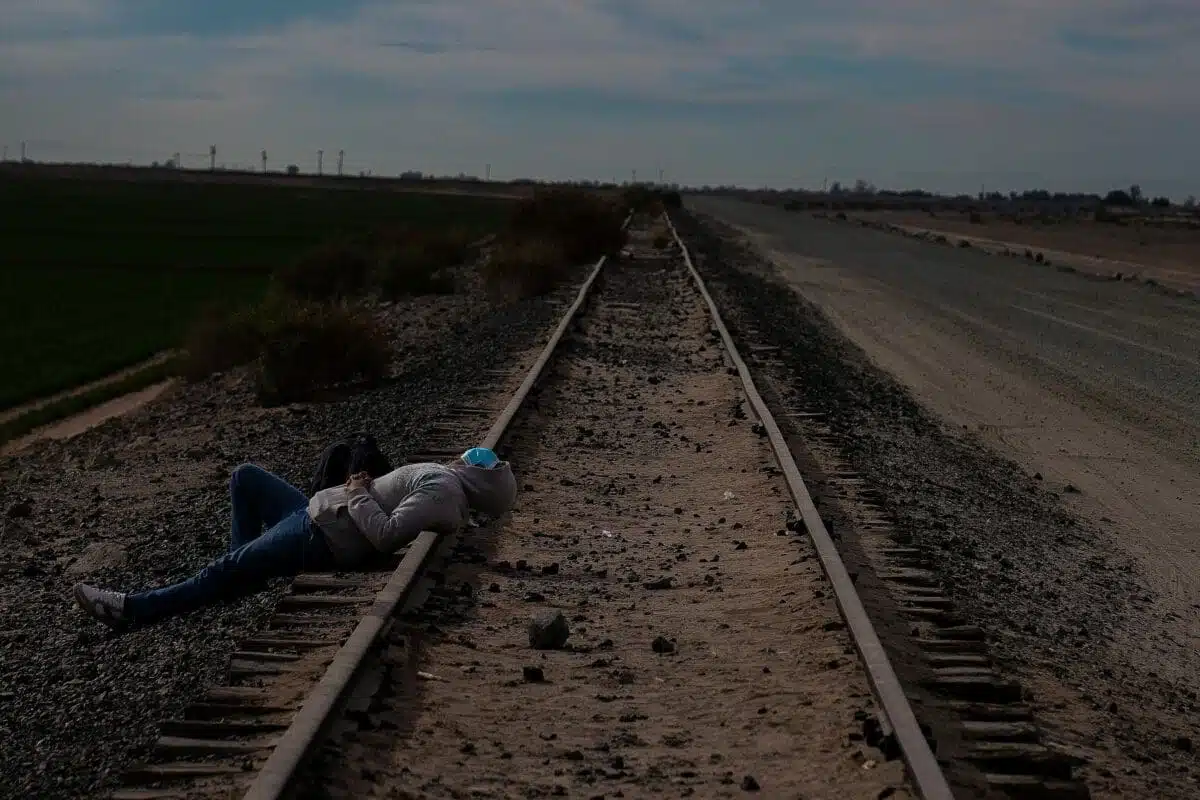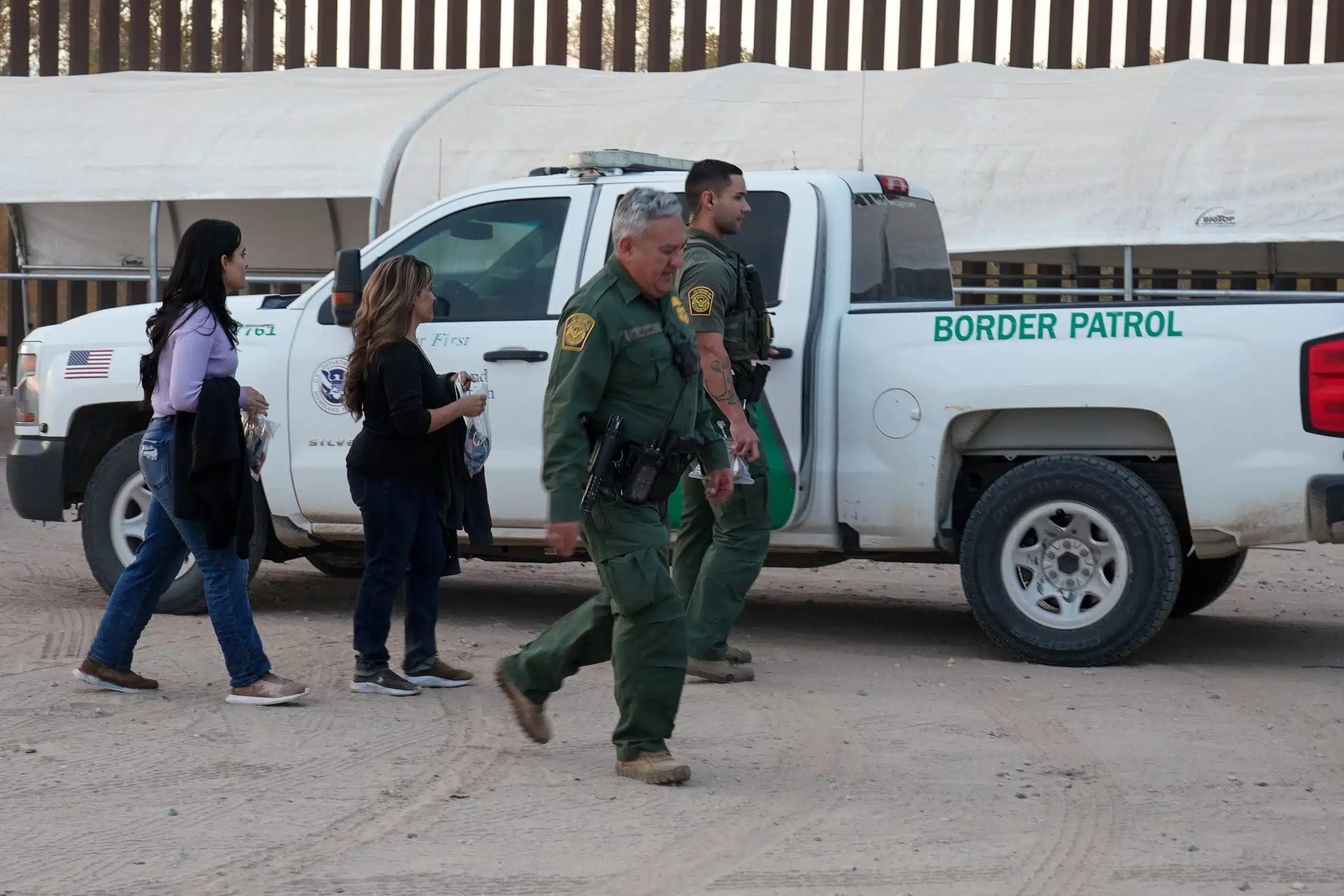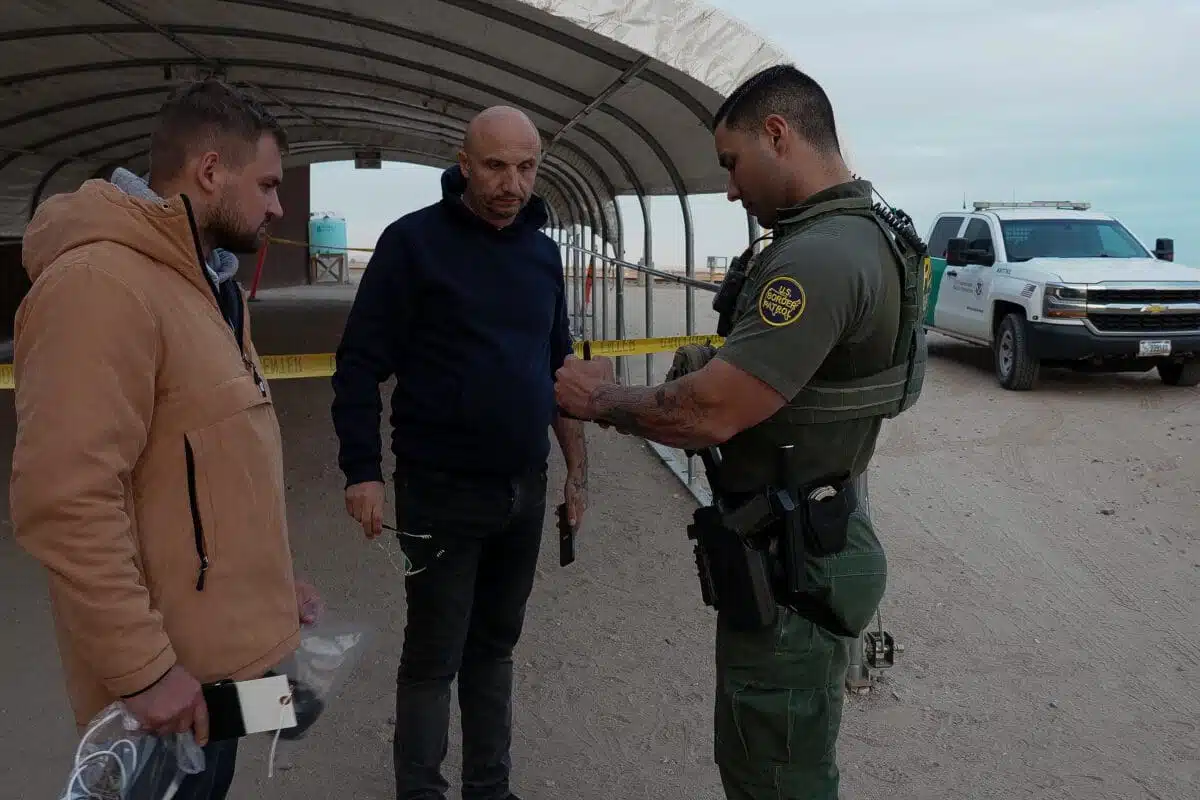Thousands of migrants at the southern border
YUMA, AZ – The southern border of the United States is a swarm of men, women and children who have arrived from many regions of the planet with hope. A hope that focused on the rumor that Title 42 would expire on December 21.
The Title 42 regulation, related to the pandemic and instituted during the presidency of Donald Trump, allows immigration authorities to expel many of the migrants who request asylum.
What the migrants did not expect is that the 21st passed without changes and six days later, on December 27, the Supreme Court of Justice of the United States extended the implementation of Title 42, until at least June.
For thousands and thousands of migrants at the border, this implies continuing an endless wait. Waiting in extremely precarious conditions. Enduring the inclemencies of a severe winter.
Many have already run out of the little savings that helped them finance the trip. With the shelters saturated, they have nowhere to sleep. Nor do they have the appropriate clothing to confront the low temperatures. There is hunger. And those who suffer the most are the children who, not surprisingly, get sick.
In addition, migrants are exposed to being easy prey for organized crime. There are stories of kidnapped women held for ransom, women raped, women murdered.

The migrants are Venezuelans, Ecuadorians, Cubans, Russians, Mexicans, Nicaraguans, Ukrainians and from many other countries. Some come because of the economic misery experienced by their towns. There are also those who come due to natural disasters, such as droughts, floods and hurricanes. Others for the war. And there are those who allege political persecution, lack of security, fear of gangs.
“We came fleeing Guerrero with my children because the mafia took our land and told us they were going to kill us,” says M., a 36-year-old woman from Mexico, who goes to the immigration checkpoint every day to see if the border has been opened. “We have been waiting for four months… our children are getting sick from the cold weather and from not eating properly. We rent a place to sleep and we go to eat at the shelters.”
Title 42 is applied in different ways depending on the nationality of the migrant. Mexicans and Venezuelans, for example, are returned to Mexico immediately. That is not the case of migrants from other countries like Cuba.
Elizabeth, a 21-year-old Cuban woman who just crossed the border in Yuma, Arizona, turned herself in to the immigration authorities knowing that she would not be automatically deported.
“I came from Havana because I am a Christian and we are persecuted…,” Elizabeth commented. “I was a psychology student, but I couldn’t continue studying for the same reason.”

Others come from farther places. That is the case of Bahe, a 52-year-old Armenian who lived in Russia, who arrived at the border with his friend Roman, a 30-year-old Russian.
“Why did I come? Because we are living in the times of the Soviet Union,” Bahe said, referring to the oppressive political situation in Russia under Vladimir Putin.

The Department of Homeland Security (DHS) left no doubt about how it will respond to the Supreme Court’s decision on Title 42:
“As required by the order of the Supreme Court, Article 42 of public health will remain in effect and persons who attempt to enter the United States irregularly will be expelled to Mexico and their countries of origin,” a DHS statement said. “People should not listen to the lies of human traffickers who take advantage of the vulnerability of migrants, thus putting their lives at risk. The border is not open and we will continue to fully enforce our immigration laws.”
But with or without statements, migrants continue to arrive at the border. They don’t have many options. They leave behind misery, persecution, hopelessness; ahead is the dream of a better future.
– – – – – – – – – –
This article was supported in whole or in part by funds provided by the State of California, administered by the California State Library and the Latino Media Collaborative.











